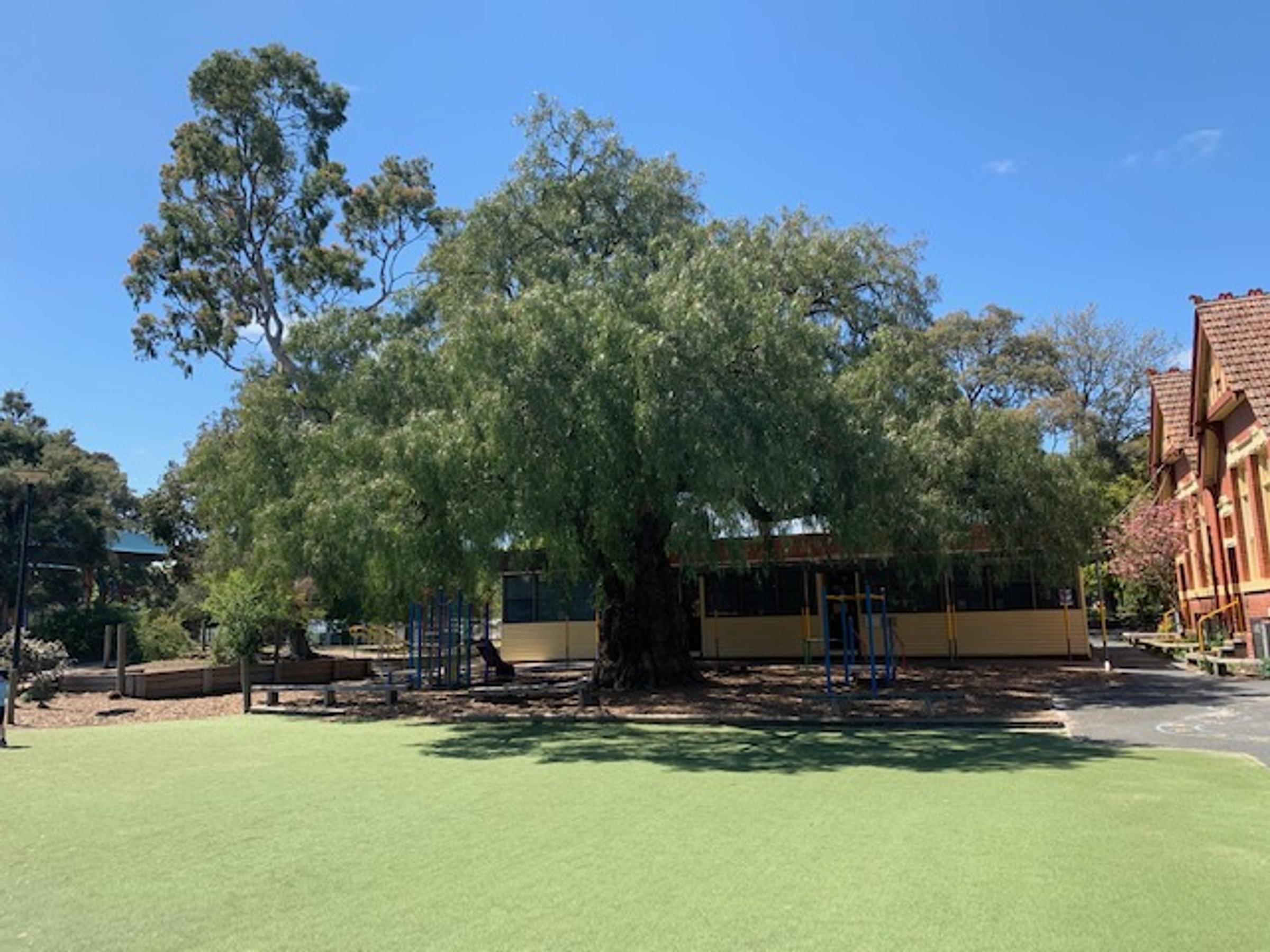Principal's News

Capabilities In The Curriculum
As we are all acutely aware there has been a significant impact on many members of the broader community as a result of more than two years of disruption and uncertainty. Schools are a reflection of the community and as such our staff is very aware of the support our students need as we continue to see the impact of the pandemic across many aspects of our lives.
Our students are being provided with a range of supports/strategies within the classroom, not the least of which is the focus on the Capabilities within the curriculum (Critical and Creative Thinking, Ethical, Intercultural and Personal and Social).
Personal and Social Capability and the Development of Resilience
‘The Personal and Social capability focuses on the recognition and expression of emotions, the development of resilience, and the appreciation of diversity of gender, age, language, culture and religion. Students explore the importance of a range of social relationships, including within families, peer groups and the community. They are also enabled to identify and manage emotional responses in a range of contexts.’ (education.vic.gov.au)
The Personal and Social capability curriculum is organised as follows:
Self-Awareness and Management
Recognition and expression of emotions
Development of resilience | Social Awareness and Management
Relationships and diversity
Collaboration |
Please visit www.education.vic.gov.au/Pages/default.aspx for the details of the Victorian Curriculum.
A significant aspect of the Personal and Social Capability curriculum deals with appropriate expressions of emotions and resilience. Both are important contributors to the development of positive self-esteem and relationships, and contribute significantly to a child's success at school.
At Malvern Primary School we use the ‘Resilience Project’ and ‘Resilience, Rights and Respectful Relationships’ to support student learning. We also ensure that the Personal and Social capability is woven as appropriate into others areas of the curriculum. For example as the Year 4 students study the Health Curriculum, they investigate recognition and expression of emotion, development of resilience, relationships and diversity and collaboration.
The development of student skills in the Personal and Social capability is an ongoing focus, teachers will use the curriculum to assist the students to reflect on their behaviour and attitude in a range of situations, both real life (as it happens) and posed for discussion.
An example may be that the grade has discussed the Student Code of Conduct at the beginning of the year and brainstormed the way they would respond in a particular situation. The teacher will then revisit this discussion when dealing with a playground incident at a later date.
The curriculum covered at school and the work teachers do to support children through social interactions at school, can also be supported by parents at home.
Parents are the first and most influential teacher of their child, particularly when it comes to emotional intelligence. Before coming to school the children already have an identity, a personality, developed a way of expressing emotions, a developing resilience and an expectation about the way adults will respond to their needs. It is crucial that parents and teachers work together once the child starts school to continue the development of their social and emotional skills.
Role Modelling Resilience
As much as the curriculum can cover formal lessons and opportunities for reflection, the children rely on the adults around them to model the appropriate behaviours and attitudes.
It is difficult for a child to learn to be resilient in the face of new learning or a new situation, if the important adults in their life either don’t show resilience themselves or do not support them to develop the skills required at the time. This is sometimes a challenge for teachers and parents as we either don’t want children to be disappointed or upset, or it is easier and quicker to solve the problem ourselves. We need to challenge ourselves to support the development of resilience and problem solving in children by supporting them to work through some of these issues themselves and take a more reflective approach to how they can move forward.
Resources
There are a range of resources available to parents that assist in supporting children; including school staff, websites and books.
The Better Health Channel has articles on a range of aspects relevant to children. https://www.betterhealth.vic.gov.au/healthyliving/children-4-12
Kids Helpline (including Parentline): Parents | No problem is too big or too small | Kids Helpline
Michael Grose runs ‘Parenting Ideas’ a website that provides resources on a range of areas relevance to parents. I have included a link to Michael Grose’s blog, which you may find of interest. https://www.parentingideas.com.au/blog/
Michael’s blogs are short, easy to read and provide thought provoking content on a range of issues related to young children and teenagers.
Book Resource - ‘Thriving: Raising Exceptional Kids with Confidence and Resilience’ Michael Grose (please see me if you are interested in reading this book).
Raising Boys and Raising Girls by Steve Biddulph are books that can spark good discussion around some of the issues parents face.
Teachers will continue to access a range of resources to support the class lessons and individual wellbeing of students. Please see your child’s classroom teacher if you would like more information on the resources they are using.
Robyn James
